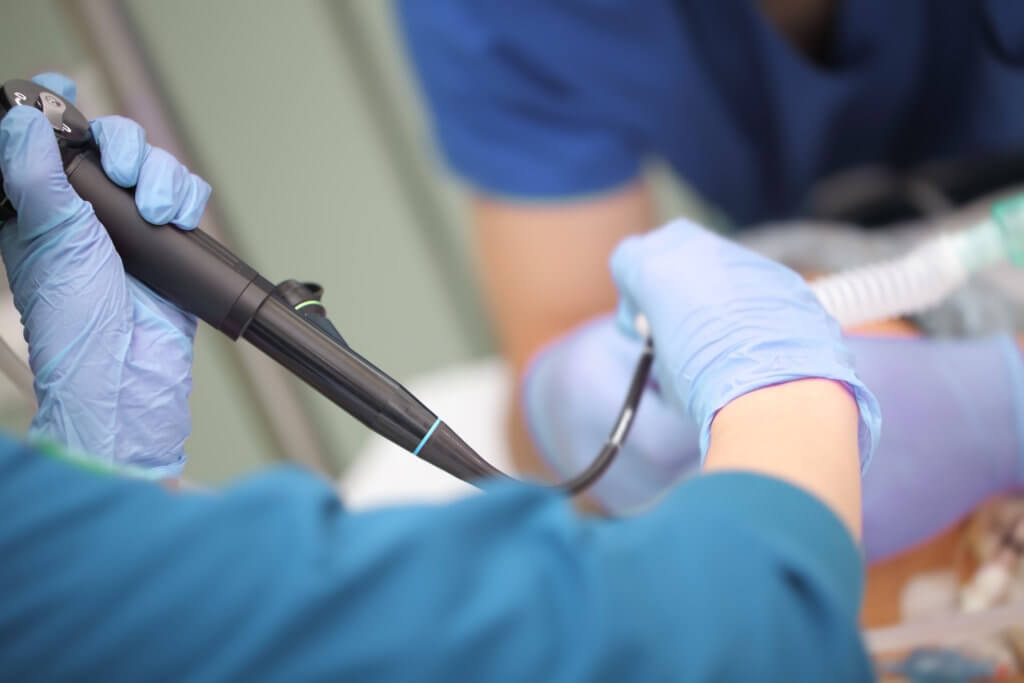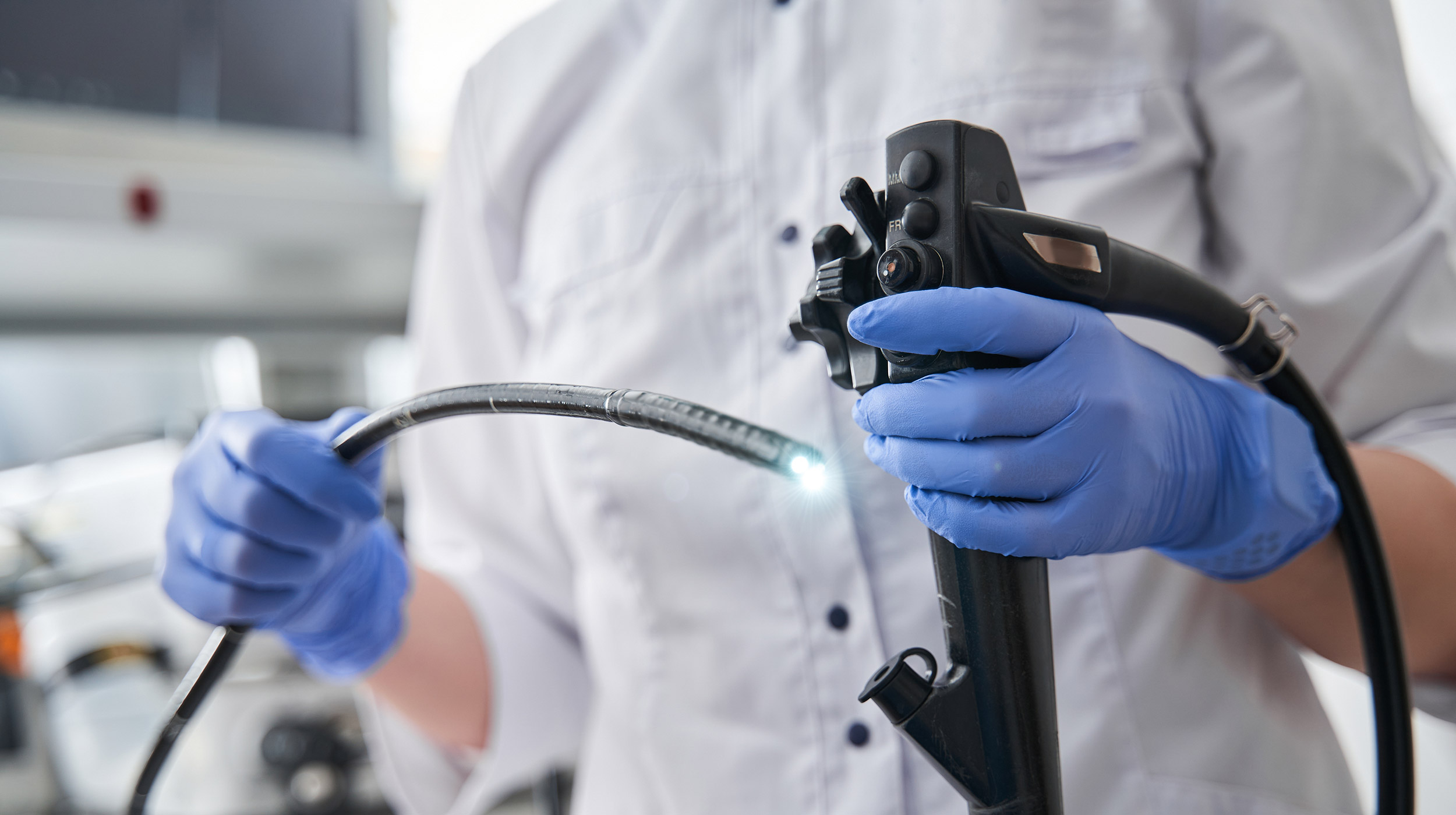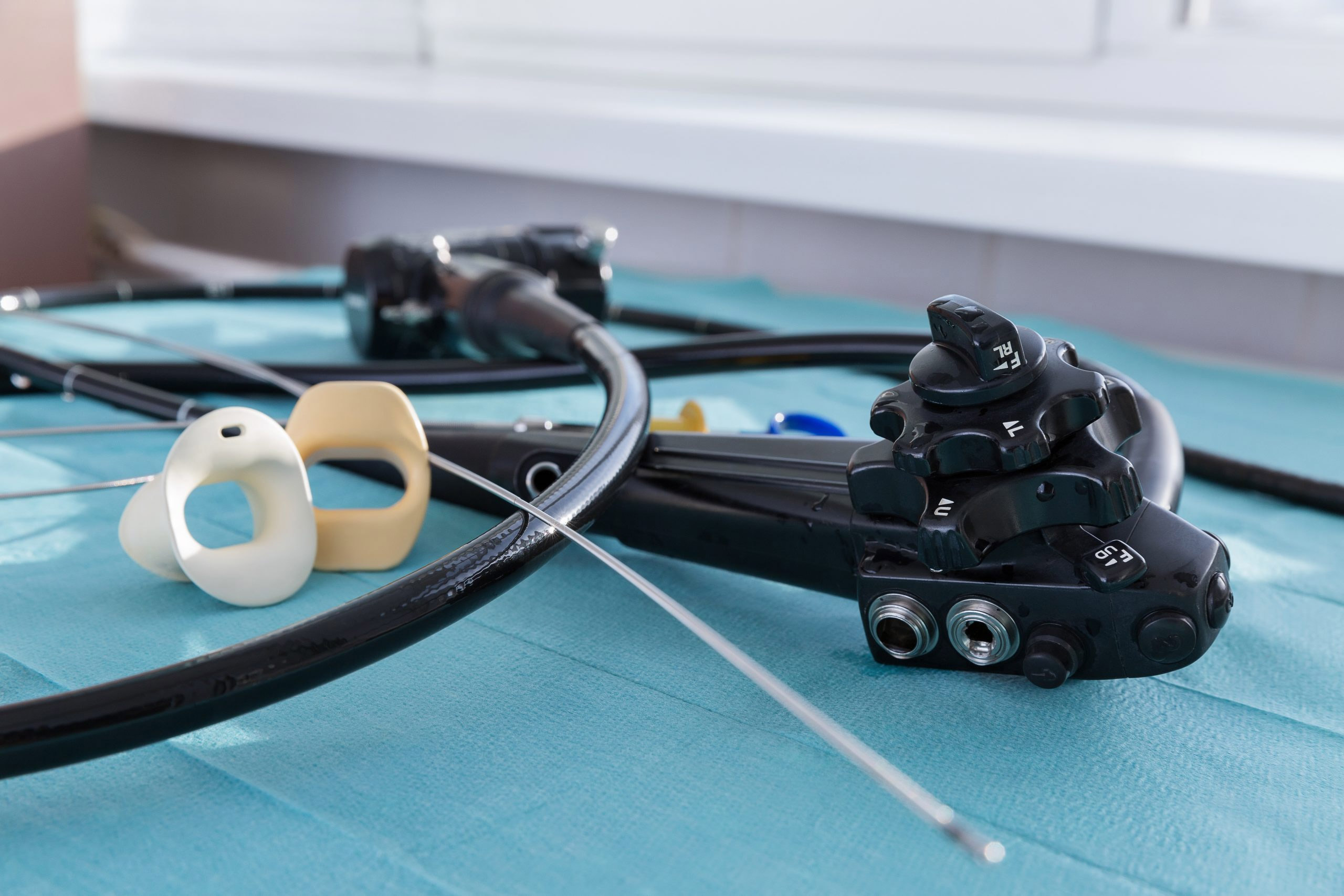
Some of the latest and greatest urology innovations will be on display during the American Urology Association (AUA) 2023 annual meeting in Chicago.
Panel discussions and meetings taking center stage at this year's conference will cover a wide range of topics. We wanted to draw your attention to three, touching on advances in ureteroscopy technology, support for women in urology, and how to understand a surgeon's psychological well-being and mindset after a surgery has gone wrong.
AUA will take place April 28-May 1.
‘The Momentum Has Not Slowed Down’
During the last five years, new technologies such as thulium fiber lasers, next-generation single-use ureteroscopes, and robotics have helped urologists treat patients with stone disease.
On April 29, Dr. Sriharan Sivalingam, an associate professor of surgery at the Cleveland Clinic Lerner College of Medicine, will moderate a panel discussion on some of the newest technology and devices, that are already available for use or soon will be, according to AUA Daily News.
"The momentum has not slowed down, which is exciting. But it can be difficult for urologists to keep up with the technology and filter out what's important and clinically relevant from what's not," Sivalingam told the publication.
Panelists will share why they believe these new technological advances will benefit urologists the most by helping them to improve workflow, patient safety, and clinical outcomes.
Supporting Women In Urology
The Society for Women in Urology (SWIU) will hold its annual meeting on April 30.
SWIU will share some of its exciting achievements during the past year, in addition to discussing its goals and objectives for the coming year, SWIU President-Elect Dr. Ankanksha Mehta told Urology Times.
Mehta, an assistant professor of urology at the Emory University School of Medicine, is also encouraging her male colleagues who support women in urology to attend this year's meeting.
When Surgery Harms Surgeons
Dr. Kevin Turner, a surgeon in the Department of Urology at the Royal Bournemouth Hospital in Dorset, England, will assess the psychological effects that surgeons face when surgeries don't turn out as planned.
Turner will explore surgeon burnout and depression as well as other psychological outcomes. This is important because surgeons can “become overly cautious, test obsessively or avoid operations they had previously performed without problems," he told AUA Daily News.
Related Links:
Networking, Compeition and Career Paths: What's Happendin at AUA 2023


